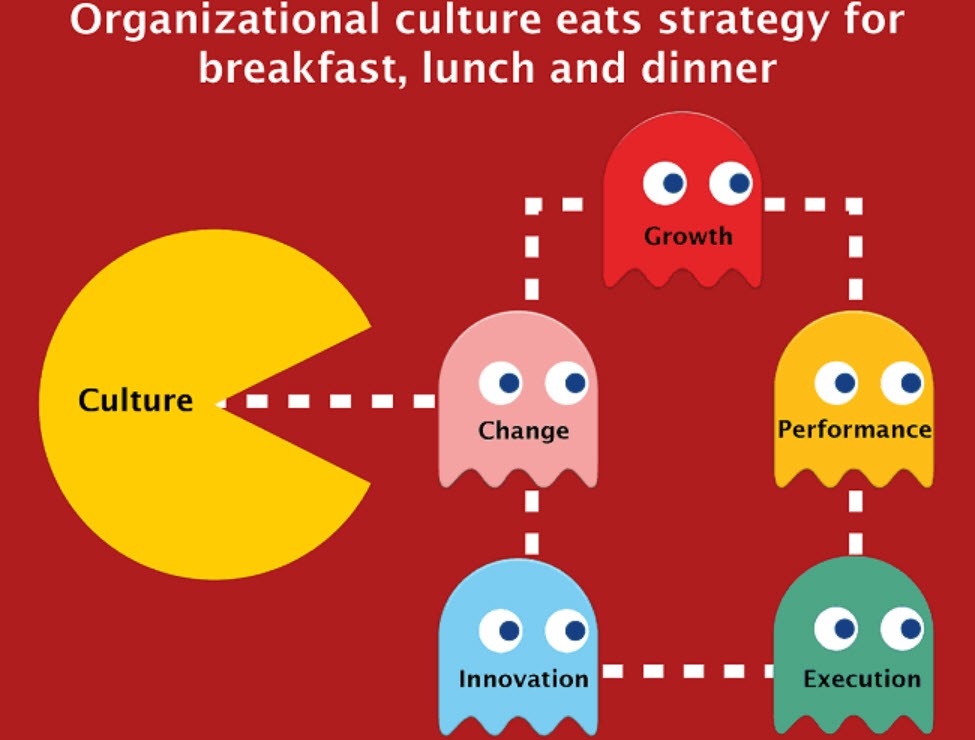Developing a Quality Culture in Your Business
Productiveness and quality have emerged out as primary areas of consideration for trading and business. In this growing competition, transcendence and Excellency have become a need to survive in the global market. For this purpose, it is therefore necessary to develop a quality culture in your business to lead towards effective and efficient quality improvement.
In simple words, an organization culture is the system having mutual thinking, principles, mind set and execution that portrays employees of the company. To maintain a virile culture it is important for all members of the organization to come along together and become a powerhouse for the company.
Developing a quality culture in your business should be established by the behavior of those in management. In quality management systems, quality is considered as the most important element at each level in the organization and implementation of quality culture in an organization requires a lot of effort and time. In this regard, leadership also plays a very important role in instructing the employees to work together as a team. A healthy quality culture is built only when there is teamwork and cooperation among employees for breaking out any obstacles that create hindrance in meeting customer’s demands.
Factors
For creating and developing a quality culture in an organisation, it is important to focus on several factors. These are:
Teamwork
As discussed before, it is very important to encourage the employees to work as a team for the successful implementation of quality culture in your business.
Consistency
Consistency is an important factor for developing quality culture and having double standards can destroy it all. It acts as a backbone and people appreciate to be familiar with what actually is going on.
Pellucidity
It is very important to make things clear and honestly communicate with your client and it should be likewise on client’s side too. It will help to avoid any misunderstandings that make the situations worse ending up in customer’s dissatisfaction. There should be transparency in transfer of any information from staff to management and management to staff as well. Therefore, good listening skills should be promoted in an organization.
Root Cause Analysis
Root cause analysis is important to mitigate the problem by finding out its root cause and eliminating it. Blaming someone for the occurrence of a problem should not be appreciated in an organisation. Does terminating an employee eliminate the chances of defect recurrence? No. Therefore, it is important to analyse and identify the root cause to rectify the problem.
How to Develop Quality Culture at Your Work Place
Many companies find it very difficult to build and implement a quality culture in the organization. Developing a quality culture can be very challenging as it requires a lot of effort and hard work not only for management but for each level in the hierarchy. Some of the ideas are discussed below that can help in the development of quality culture.
Identification of Company’s Goals
It is important for all the employees to understand their organization’s goals and objectives and hook them up with their own objectives. However it can be done through performance appraisals.
Flow of Information
It is important for the higher management to pass out all the information to employees by holding staff meetings at regular intervals. The employees should be given a positive environment where they can ask their queries freely.
Motivate Teamwork
The employees should be encouraged to work together as a team. It is suitable for short projects where they do not have to jeopardize their fundamental responsibilities.
Authorise the Staff
Another idea for development of a quality culture is to authorize and designate responsibilities to employees which make them confident and encourage working hard.
Documentation
Documentation of processes going on is very necessary in this regard. A central notice board should be available that has all the flow procedures, diagrams and every information regarding the procedure including the results.
Conclusion
In a nutshell, developing a quality culture is not an easy thing to do and it is necessary to analyse whether the organization is ready for it or not because it requires a lot of effort and an organisation may have to face a lot of difficulties in the start. But once developed, it can be very helpful for the organisation to stand out from its competitors.





